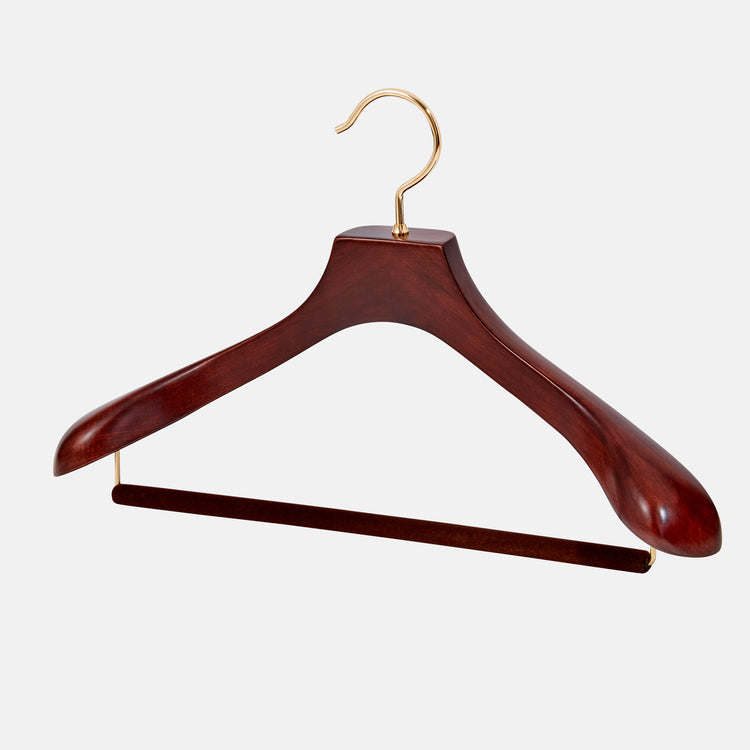wpeters
Senior Member
- Joined
- Oct 21, 2004
- Messages
- 112
- Reaction score
- 0
I polished my brown shoes with a slightly darker polish, hoping to darken them. Unfortunately, they didn't turn out as well as I'd like. I'd like to remove the wax and start over. What is the best way to do this?
From reading the threads, it seems that acetone would be overkill. Are there other options?
From reading the threads, it seems that acetone would be overkill. Are there other options?







